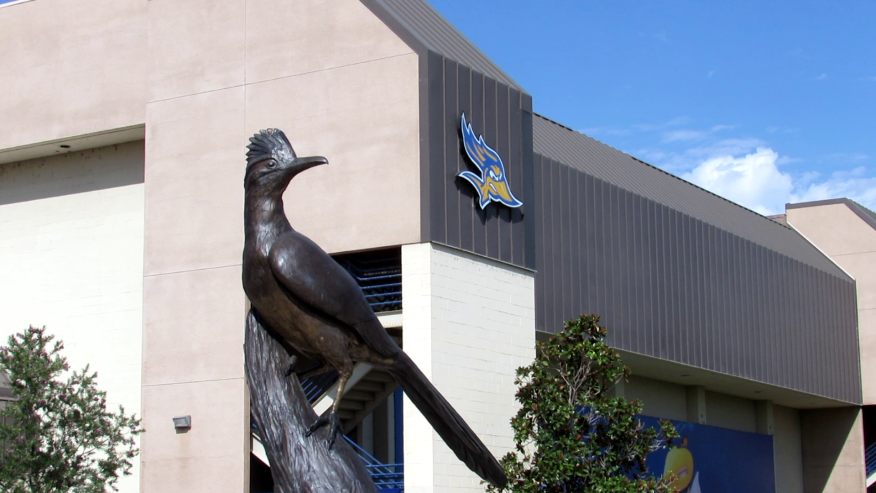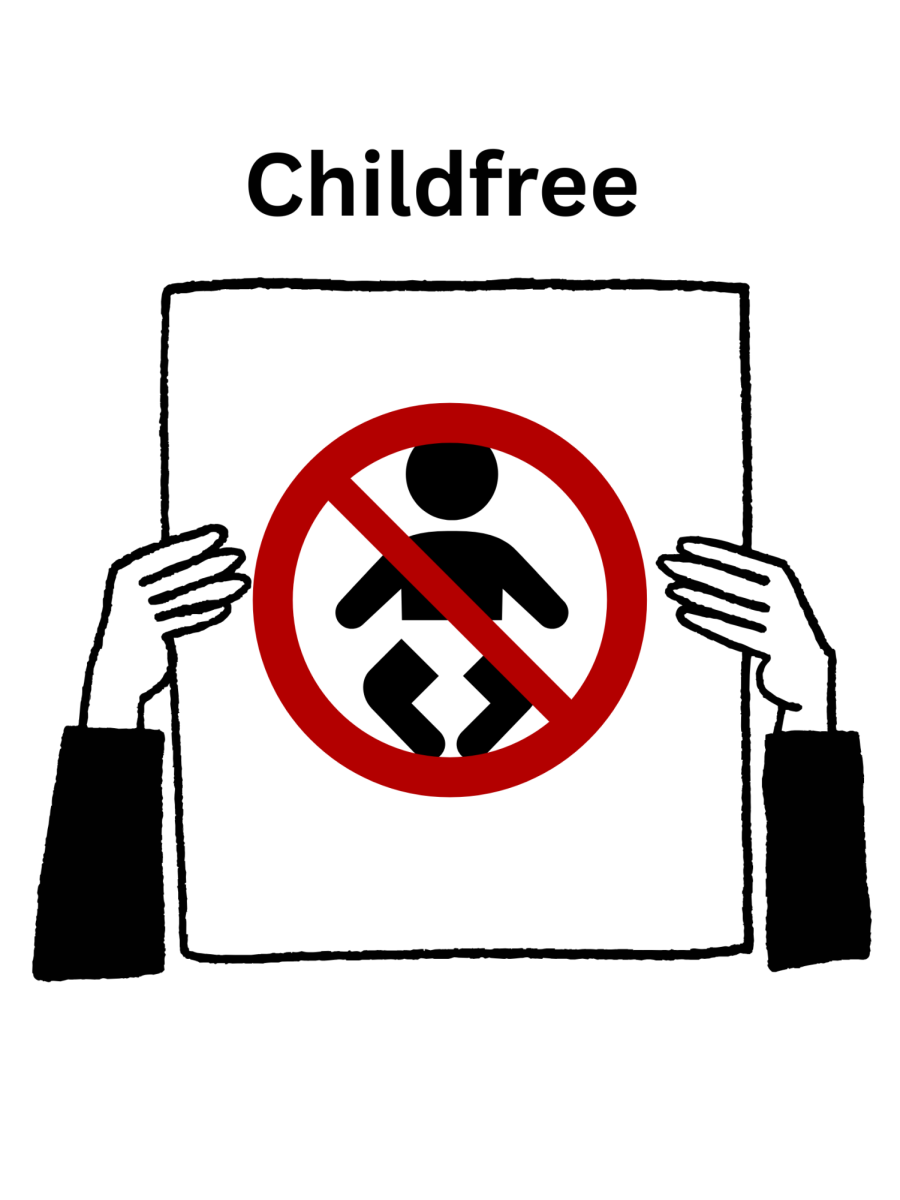To be or not to be an English Major
By Anthony Jauregui
Staff Writer
Every time I tell someone I’m an English major I get the typical assumptions that I’m either going to teach or write. I can only imagine the assumptions other majors get told when they state their major, but when you declare a major, you’re not declaring a career. What you do declare is a commitment to study a subject and master all the skills and techniques it offers.
Loving your major will make college enjoyable and memorable for you. Although it may not guarantee that writing career you always wanted or that professional artist gig you dreamed of, at least you can say you studied what you loved. But, at what point does choosing your major becoming following your dream or being realistic?
When deciding your major, you must have asked yourself this question before: “Can I even get a good job with this?” The answer: Yes, depending on your connections, experience and type of job. Do not under any circumstance choose a major simply because it is what you think employers want. That’s what all the millions of other students are thinking. Think of how you’d be remembered by employers if you had a degree in theater and you applied for an executive position at a local retail store.
Major in what you love for two reasons. You don’t want to screw up your grade point average taking computer science courses when your passion is English. And you don’t want to wake up in your late thirties in a mid-life crisis remembering how you didn’t take that improvisation class in college because you needed to take Big Business 469. More importantly, don’t make the same mistake I did.
In an article by Susan Adams of Forbes.com, “One note of hope for humanities grads: The industry that is hiring the most is “educational services,” which hired 452,700 new grads in 2013. The next top-hiring category is “professional, scientific and technical services,” which hired 305,500.”
Science majors have a more direct access to higher paying jobs, but that doesn’t mean you’ll get one. Every degree has its perks, but all degrees count for something.
Students choose certain majors because of ‘job security.’ Tyler Adkins, a 23-year-old senior environmental resource management major said, “I didn’t have a career path in mind, and after looking into it saw that it had a promising future with good pay.”
Adkins went on to add, “I don’t think humanities majors are going to find jobs because science majors get the highest paying jobs after college.” That is, assuming that anyone gets a job after college.
I think that degrees signify much more than a straight shot to a good job. They signify perseverance, time management and hard work for four years in an institution, which I think is what employers want to see.
Carol Dell’Amico, an English professor at California State University, Bakersfield said, “Any B.A. is necessary to get a foot into a company these days.” Dell’Amico added, “Any degree matters to an employer, because it shows that you persevered through 4 years.”
I felt to make my point clear I needed to ask an employer what he looked for in a college graduate. Randy Schuessler, an executive team lead at Target and alumnus of CSUB said, “Having a degree period just helps out and shows us that you put the time and effort in school.”
Just because people say you’re going to be taking their orders at the local diner after college because your major doesn’t have a lot of job opportunities. It doesn’t mean you will do it. All that matters is that you have an enjoyable time in college and major in something you love, even if it’s ancient Mesopotamian art.













